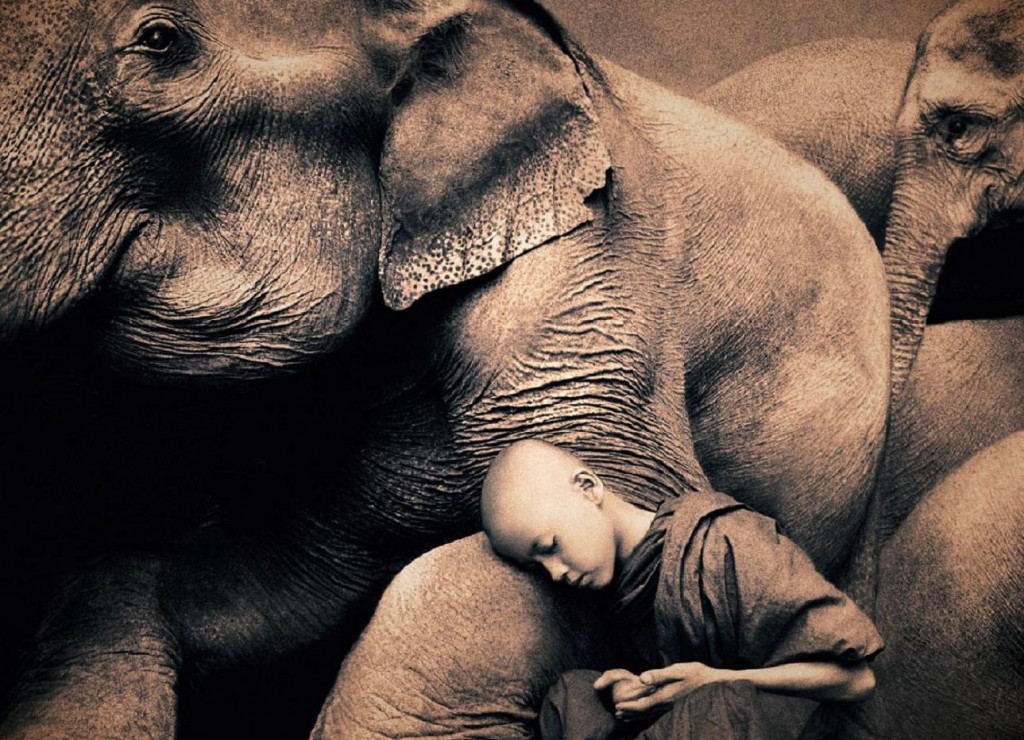No life is without its difficulties and struggles, but we often forget this, seeing our difficulties and imperfections as our own personal failures. We strive for perfection and we strive for ease, but then feel like even greater failures for not achieving these states. However, there is another way of approaching ourselves and our experience, a gentler and kinder approach that accepts imperfection as part of the human condition and points the way through difficulties and struggles. Mindfulness, usually defined as ‘moment by moment non-judgemental awareness’, is a way of being that enables us to re-inhabit our bodies, minds and hearts, and brings us home to ourselves.
I have found that when I try to describe what Mindfulness is and how it enhances people’s lives, I talk about it either as a very pragmatic set of skills and techniques or as a spiritual practice that transforms our way of seeing and being. I’ve come to realise that Mindfulness is both of these things, and that each person’s individual experience, history and character shapes how they engage with Mindfulness and what they get from it. What is without doubt, however, is the profound impact that Mindfulness can have on those who bring it into their lives.
I teach Mindfulness courses, in groups and on an individual basis, as well as shorter courses and workshops. Through learning the skills of Mindfulness, people find that they are less judgemental of themselves, more accepting of themselves and others, less overwhelmed by difficult circumstances and more appreciative of the good things in their lives.
One of the key concepts covered on the Mindfulness course is the distinction between suffering we can change and suffering that we are unable to change. Our habitual tendency is to react to suffering, to do whatever we can to avoid it. While this is perfectly sensible in relation to suffering that can be avoided (e.g. we avoid going too close to a fire), it is less helpful in relation to suffering that cannot be avoided (e.g. being stuck in traffic). Mindfulness allows you to distinguish between Primary Suffering, what you can’t change (stuck in traffic) and Secondary Suffering, what you can change (how you react to being stuck in traffic). So, practising Mindfulness won’t get the traffic moving but it can help you to reduce or even let go of those difficult reactions.
Similarly, if we have a long-term health condition, such as chronic pain, M.E., M.S., migraines or arthritis, we often end up developing tension, anxiety, depression or insomnia. While these are perfectly normal reactions to difficult circumstances, ultimately, they are not helpful. Being more aware of our experience, in a kind and non-judgemental way, allows us to distinguish between Primary Suffering (the health condition) and Secondary Suffering (e.g. the stress arising from worrying about it). Once we can make that distinction, we can choose how to respond to the condition, rather than reacting to it in a habitual and unthinking manner.
Kindness is an aspect of Mindfulness that is often underplayed, but is crucial in enabling us to develop awareness of ourselves, especially if things are difficult. Most of us are hard on ourselves, setting very high expectations of ourselves or trying to live up to the expectations we think that others have of us. If our lives aren’t going the way we think they should, we blame ourselves. But being hard on ourselves doesn’t help – in fact, it usually just makes things worse! If we develop the ability to soften towards ourselves and others, to bring kindness to bear on difficulties, our experience becomes a lot more bearable and we’re able to look beyond the negative to embrace the positive. Ultimately, kindness, combined with awareness, brings equanimity: the ability to be with whatever life throws at us, to fully appreciate and enjoy life’s pleasures and joys and not to be overwhelmed by its unpleasant and painful aspects.
Mindfulness teaches us, quite simply, to be truly alive, no matter what our circumstances, to see ourselves as part of life, not separate from it. All it takes is breathing in the moment and allowing ourselves to be however we are. As Thich Nhat Hanh, Vietnamese monk and esteemed teacher of Mindfulness writes:
“Because you are alive, everything is possible.”
Email: info@breathworks.ie
www.breathworks.ie
Tel: 0876834717

![olifant-1024×740[1]](https://www.positivelife.ie/dev/wp-content/uploads/2010/09/olifant-1024x7401.jpg)

